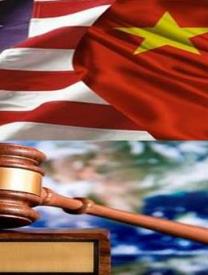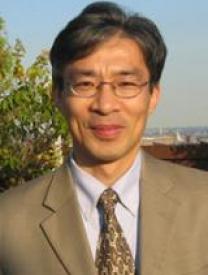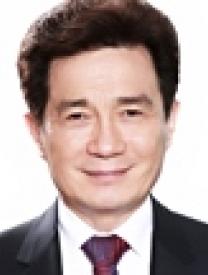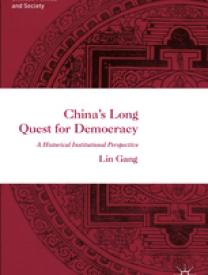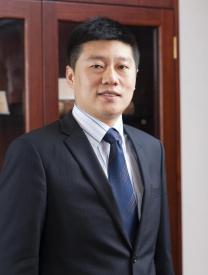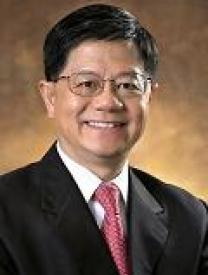2016
CSCC 4th Annual Conference
The U.S., China, and International Law
Click here for conference papers (password required).
China’s growing power and deepening engagement in the international system are among…
(Self-)Disciplining the Corporation: FCPA Practice, Compliance, and Global Anti-Corruption Regimes in China
Matt Erie, Associate Professor of Modern Chinese Studies, University of Oxford
An expansive literature examines the question of norm diffusion and legal transplantation, particularly in regards to democracy, transparency, and human rights, in the developing world, and, especially, China. To the…
The Revolutionary Ethic and the Spirit of Factionalism in the Chinese Cultural Revolution
Guobin Yang, Associate Professor of Sociology and Communication, University of Pennsylvania
From 1966 to 1968, students and workers in urban China were embroiled in deadly factional battles in what many of them believed to be a revolution of a lifetime – the Great Proletarian Cultural Revolution. In the…
Whither Reform in China?: An Insider's Perspective
Jingzhou Tao, Managing Partner, Dechert LLP
Jingzhou Tao is the Managing Partner responsible for developing the Asia Practice of Dechert LLP. He has advised many Fortune 500 companies on…
China's national identity discourse and foreign policy
Yinan He, Department of International Relations, Associate Professor, Lehigh University
The Presence of the Past in a Fast-Changing China
Jeff Wasserstrom, Chancellor's Professor of History, UC Irvine
This talk will draw on material from the author's new edited volume, The Oxford Illustrated History of Modern China,…
China's Long Quest for Democracy: A Historical Institutional Perspective
Dr. Lin Gang, Professor of Political Science, Shanghai Jiao Tong University’s School of International and Public Affairs
Dr. Lin Gang discusses his new book China's Long Quest for Democracy: A Historical Institutional Perspective. Conceptualizing China as a country…
Looking at State-Society Relations in China through the Lens of Homeowners’ Association Movements
Lei CHEN, Associate Professor and Associate Dean, City University of Hong Kong School of Law
The past two decades have witnessed increased levels of private homeownership and domestic protest in China, despite a growing economy and rising living standards. While the literature on resistance has…
What happens in the wombs under the dome? Air pollution in China and fetal development and birth outcomes
Dr. Zhao Qingguo, Guangdong Women and Children Hospital and Guangzhou Medical University
Qingguo Zhao is the Vice President of Guangdong Women and Children Hospital, in Guangdong Province, South China, and Professor in Guangzhou Medical University. His general research interest is in women's and children…
Anti-Corruption Reforms and Shareholder Valuations: Event Study Evidence from China
Bernie Yeung, Stephen Raidy Distinguished Professor of Finance and Strategic Management, National University of Singapore Business School
Chinese share prices rose sharply on the Politburo’s Dec. 4th 2012 announcement of its Eight-point Regulation, an uncharacteristically detailed and concrete Party policy, initiating an extensive anti-corruption…

